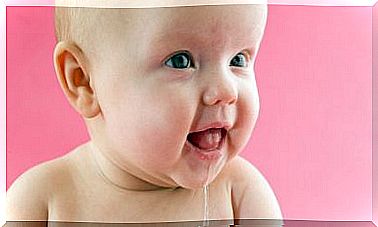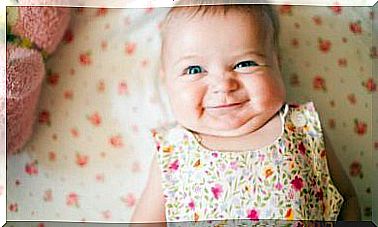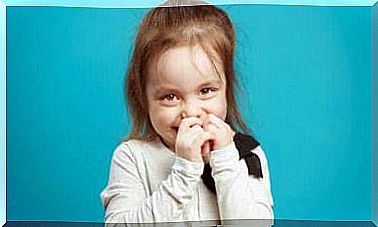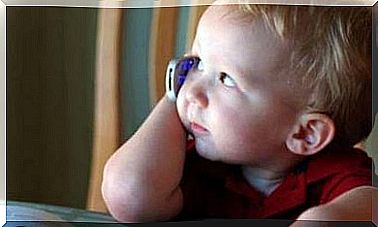The Benefits Of Creative Writing In Childhood

Creative writing consists of conceiving and creating stories full of originality and moving away from conventional standards when it comes to writing. Creative writing in childhood is therefore very beneficial for a child’s development. Why? We’ll tell you that in this article, so keep reading!
The benefits of creative writing in childhood
Creative writing is very appealing to children, as they simply have to let their imaginations run wild and record all the ideas that come into their mind on paper, without sticking to any particular writing patterns.
In addition to entertaining and being a lot of fun, this exercise provides many benefits for a child’s development, such as the following:

It makes language development possible
One of the greatest benefits of creative writing is that it enables the development of language skills, both at the communicative and comprehension level.
In performing this task, children are forced to express their thoughts in the best possible way. They should try to build a cohesive story, and they will have to read and reread what they have written until they are finally satisfied with the end result.
Carrying out this creative process regularly can have a very positive impact on children’s school performance.
Creative writing in childhood stimulates the imagination
Children have an incredible imagination. You should try to encourage it as much as possible so that they never lose it and always appreciate it. Creative writing provides an ideal opportunity to use the imagination freely and without restrictions.
Creative writing boosts emotional intelligence
However, while the activity in question involves creating fictional stories, many children express what they really feel or want to experience as they write. So creative writing allows children to connect with their emotions and feelings. They can process and channel everything that is in their heads.
Promotes self-confidence
In creative writing, there are no wrong answers and no bad stories. All stories are considered good so that children can strengthen their self-esteem and confidence and become aware of all their abilities in writing and making up stories.
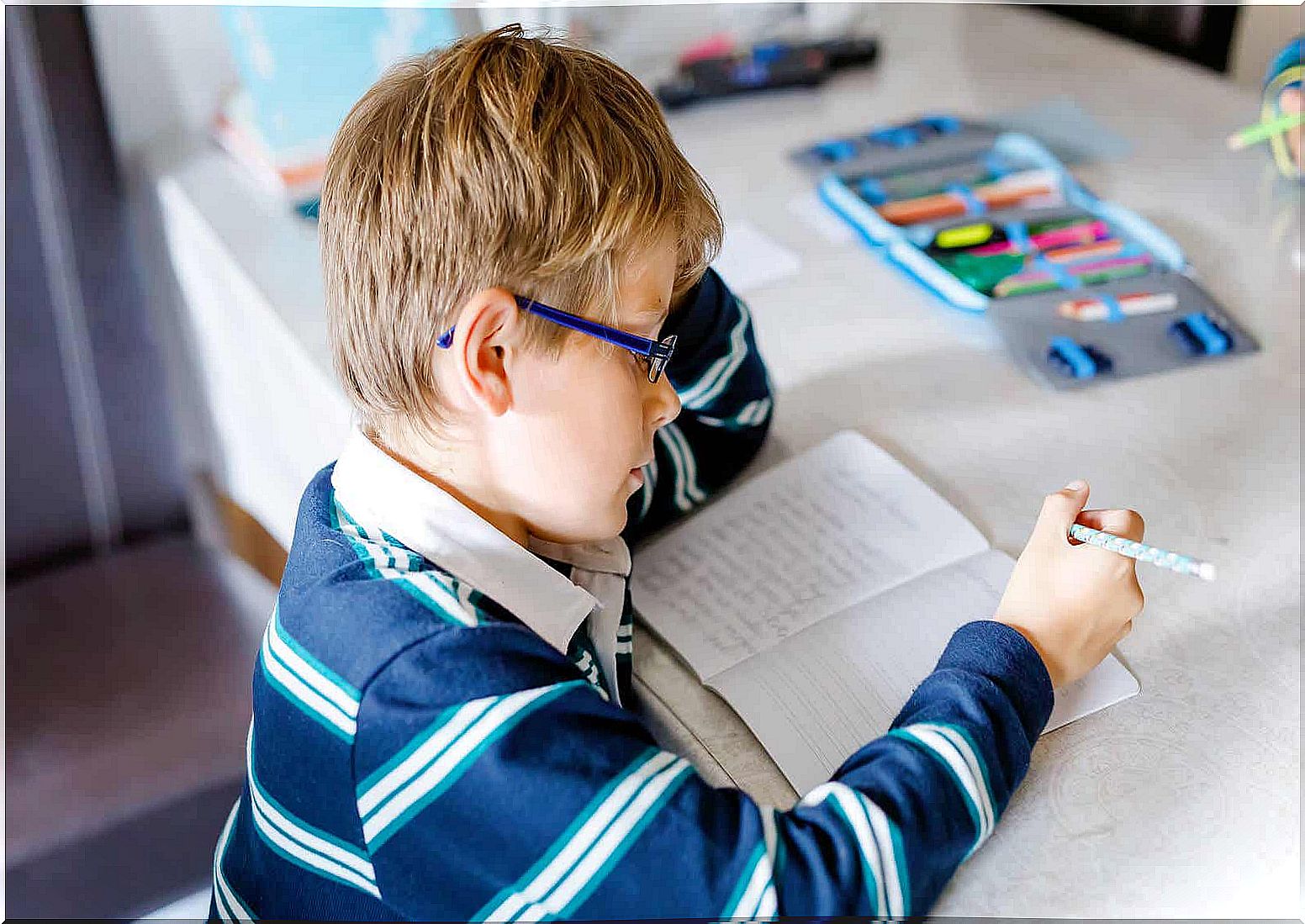
Activities to practice creative writing
As we have seen, the benefits of creative writing are many. But how can we put it into practice? Here are some ideas to help:
- Continue to write an unfinished story and describe what will happen to the characters and what the ending will be.
- Create an alternative ending to a classic children’s story.
- Write a story that contains a series of words or phrases specified in advance.
- Make up a story by observing a drawing. Then imagine what might have happened in that situation.
Stimulating creativity in childhood
Thus, fostering childhood creativity and engaging in activities such as storytelling is fundamental to a child’s full development.
However, creativity is a human ability that society unfortunately often forgets. However, we must not let this happen.
As parents, therefore, we must give our children, regardless of age, the complete freedom to express their thoughts and ideas through art and imagination, and we must always appreciate their full potential.
